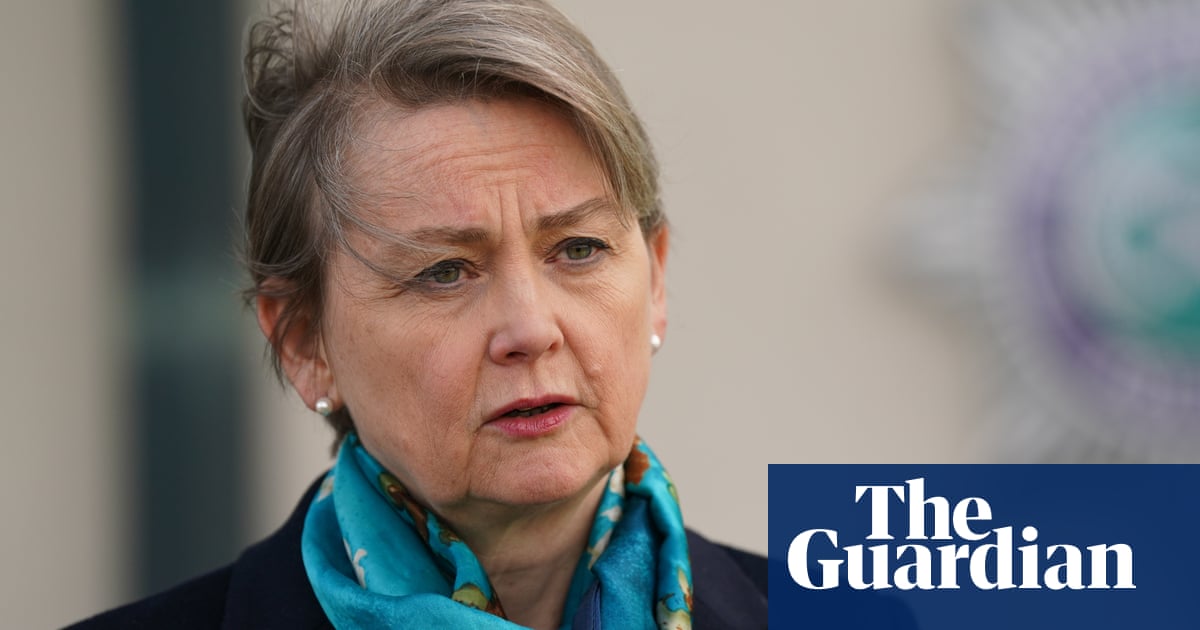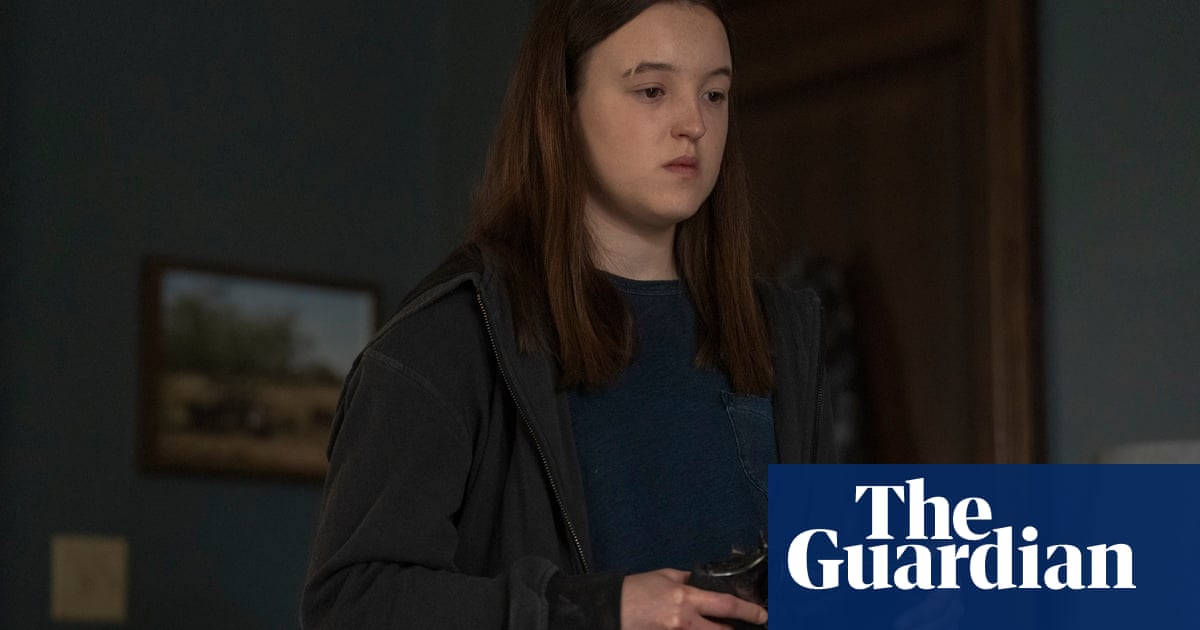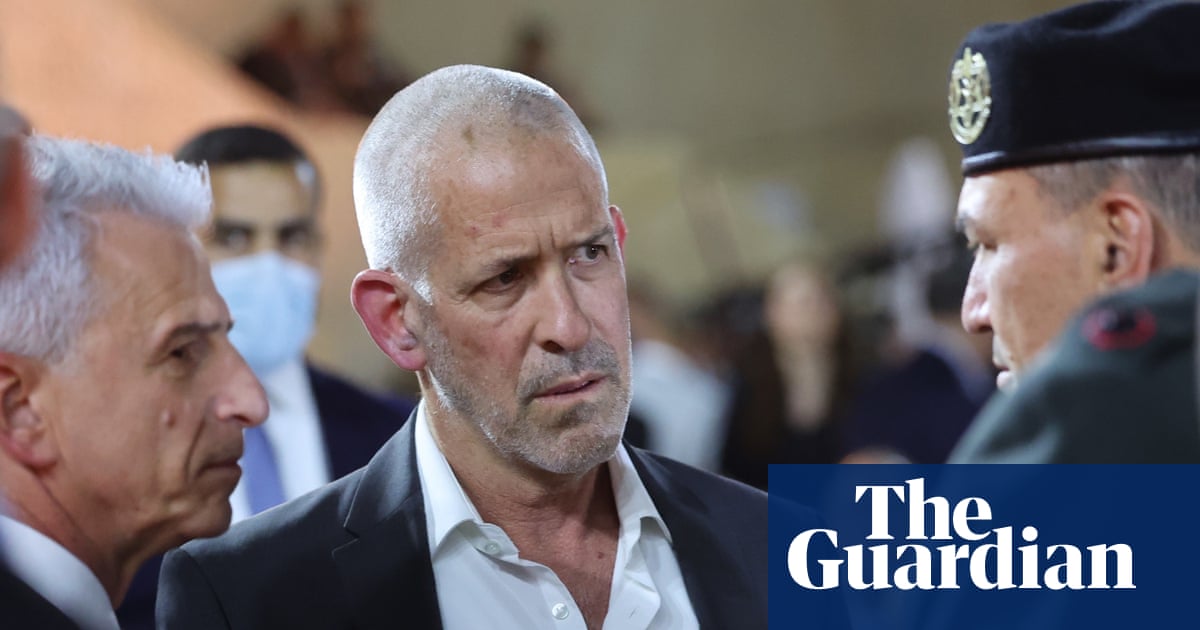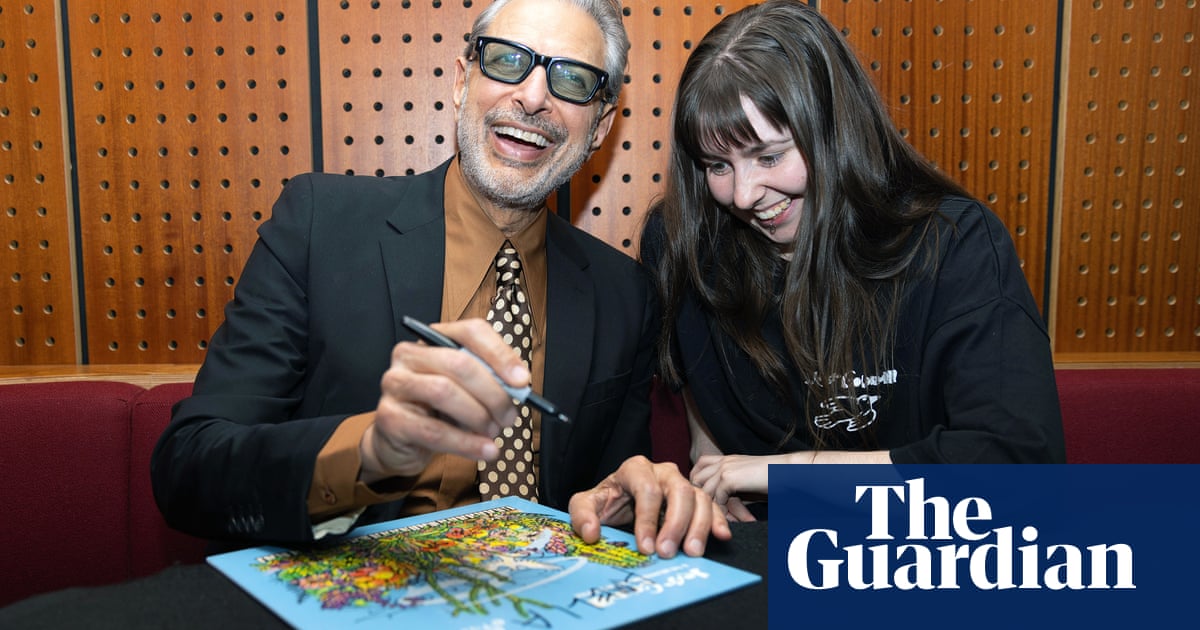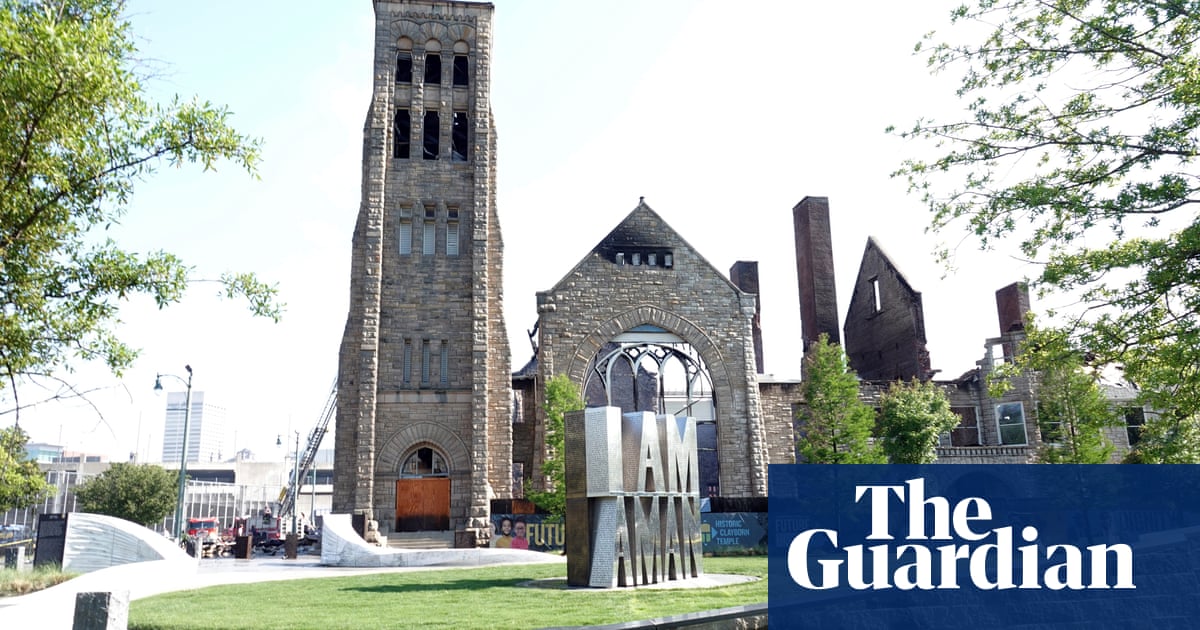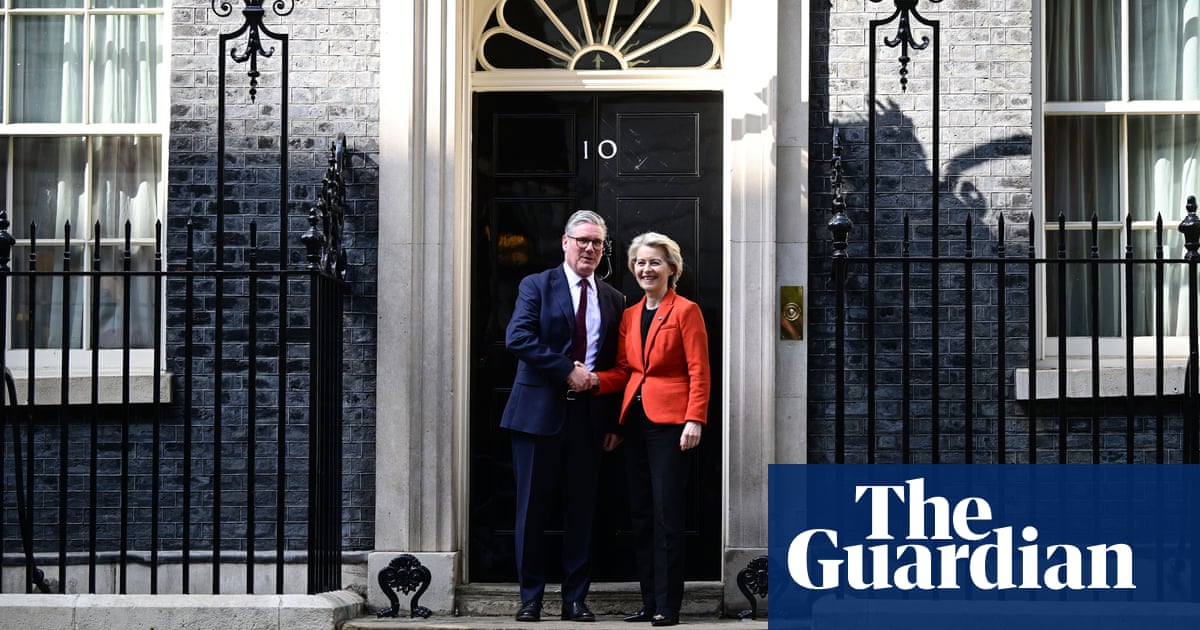A detailed review into workplace bullying and harassment at the BBC found stars behaving badly, untouchable and unchallenged, with staff too fearful to speak out. Called Respect at Work, the review into the culture that incubated Jimmy Savile was published in 2013.
Since then, the Huw Edwards scandal – along with allegations about other stars including Gregg Wallace (which he has said were “not all true”) – has led to another BBC review into its own culture. Given it has exactly the same name and was written by the same consultancy, it seems fair to ask: what exactly has changed?
Then, as now, BBC management promised to “tackle issues more quickly and to greater effect”. Both reports also made a series of recommendations, all enthusiastically praised by senior management.
The headline news denying that its culture was toxic, while suggesting several new codes of conduct, prompted one insider to quip that it was all very “Nothing to see here! Fixed!”
The fact that the BBC led its flagship lunchtime bulletin with its own review rather than the blackout chaos in Europe did not help the sense of self-congratulation.
Fixing workplace cultures, especially in an industry where competition for work is high and job security low, is not easy. A younger generation perhaps more willing to blow the whistle on bad behaviour is also working in an industry under even greater financial pressure.
But, as culture minister Lisa Nandy said in welcoming the report, the public “expect[s] the very highest standards” from the BBC.
In the latest review, there was a special mention for the “avoidance of consequences in the treatment of what used to be called ‘talent’ – ‘on-air’ or ‘on-screen’ presenters”, the promotion of a “call it out” culture and a new “respond team” to help restore trust.
It is perhaps the last that is the most important, for the BBC has lost the trust of many of those who work there. For these people, scandal-hit stars are the tip of an iceberg that contains huge discrepancies in pay and conditions, and increasing job insecurity.
Insiders suggest that faith in management acting on the new promises is low. “We’ve had reviews in the past,” said one long-serving member of staff. “Sensible recommendations have been made, but they’ve not been acted upon.”
The BBC is largely full of good people trying to do the best they can in a job they love. The management team also want to bring about change. The fact that this so often results in lengthy repetitive reviews would not matter if there was the sense that real change, not just in terms of new HR policies but an actual difference in attitudes and behaviour, happened.
There are signs of hope. Samir Shah, a former journalist and widely respected BBC chair, issued a warning to the powerful individuals – on and off screen – who continue to abuse that power to make life for their colleagues “unbearable”.
“If you are a person who is prepared to abuse power or punch down or behave badly, there is no place for you at the BBC,” he said. The director general, Tim Davie, said the report marked “an important moment for the BBC and the wider industry”.
Change takes a while. But time is running out for victims.
There was talk of a line in the sand being drawn on Monday. Let’s hope such good intentions don’t get washed away.
-
Jane Martinson is a Guardian columnist
Do you have an opinion on the issues raised in this article? If you would like to submit a response of up to 300 words by email to be considered for publication in our letters section, please click here.

 4 hours ago
6
4 hours ago
6
